Concerns over the rising cost of European products and hopes for a new regulatory landscape are among the reactions of retailers in the wake of the vote for Brexit.
An online C-Store poll found that 57% of retailers do not welcome the Brexit result in terms of their business, with some voicing caution over future investment plans.
IGD chief economist James Walton warned that currency fluctuations would be a challenge for all businesses. “While a devalued sterling is good for exporters, if it continues it will drive up the cost of imported materials, including energy. This would put further pressure on retail margins,” he told C-Store.
However, he predicted that consumer spending would only be impacted in the short-term, until a “clearer direction emerges” and measures by Bank of England and government to stimulate the economy kick in. He also urged c-stores to influence measures to cut red tape for small business.
Arjan Mehr, owner of a Londis store in Bracknell, Berkshire, said he was more worried by the cost of products than the impact on consumer spending. “I’m concerned that it will be more expensive to do business with the continent; lots of products we sell originate from Europe.
“This is a good opportunity to review red tape but, ironically, there will be more red tape, because we’ll probably have to fill in forms to do business with the EU,” he added. “But I think we have a rosy future - common sense will prevail.”
Scott Graham, of McLeish Inverurie, Aberdeenshire, said: “I hope this makes life easier, especially in terms of employment law and business regulations. I have not heard too much from suppliers regarding cost increases or the difficulty of moving stock across Europe.
“In terms of our own plans we will continue to look to expand where possible. Any major expenditure will be considered more carefully.”
Clive Sheppard, director of the Chartman Group of 10 South-west Spar stores, said: ”I’m concerned that our withdrawal will increase uncertainty. Our business plans have not changed, but I expect we will be more cautious now.”
Chaz Chahal, a multi-site retailer in Worcestershire, added: ”Quite a few products are sourced from France and Spain and the falling pound could make these more expensive. Also, the price of oil could rise, which would mean more costs being passed to us.”
The impact on European imports
Brexit will have critical implications for the wine industry, given the UK’s role as a major importer, according to a report by Rabobank.
The EU is by far the largest supplier of wine to the UK - France, Italy and Spain supplied 60% of British imports in 2015. The end of the UK-EU free trade agreement, combined with the soft British pound reducing demand for wine imports, will have an impact on trade flows almost immediately, it argues.
However, according to new Nielsen research 31% of shoppers plan to buy more British groceries as a result of Brexit.
















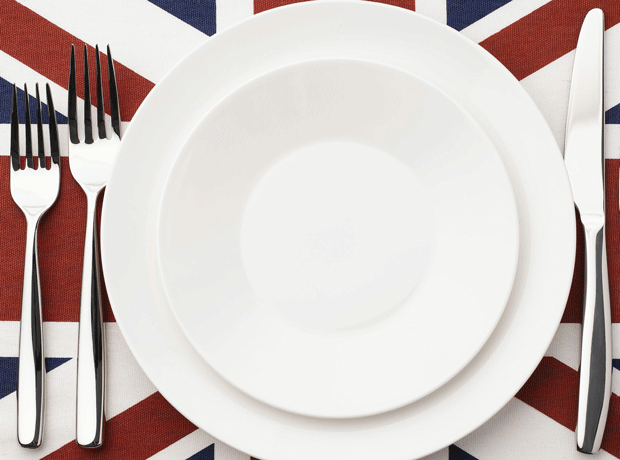
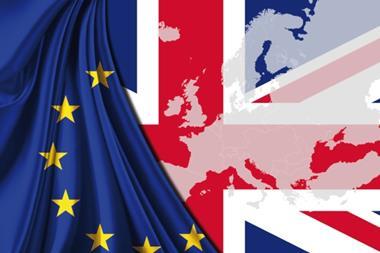
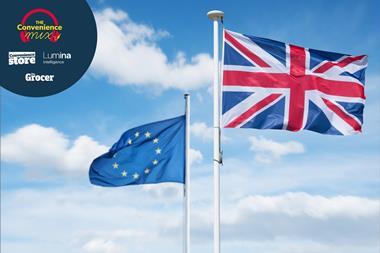

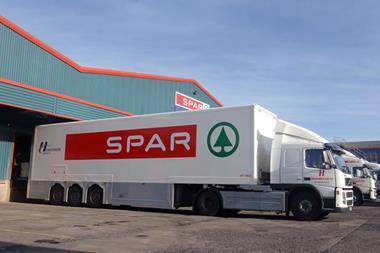
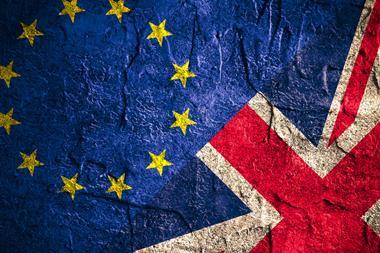
No comments yet